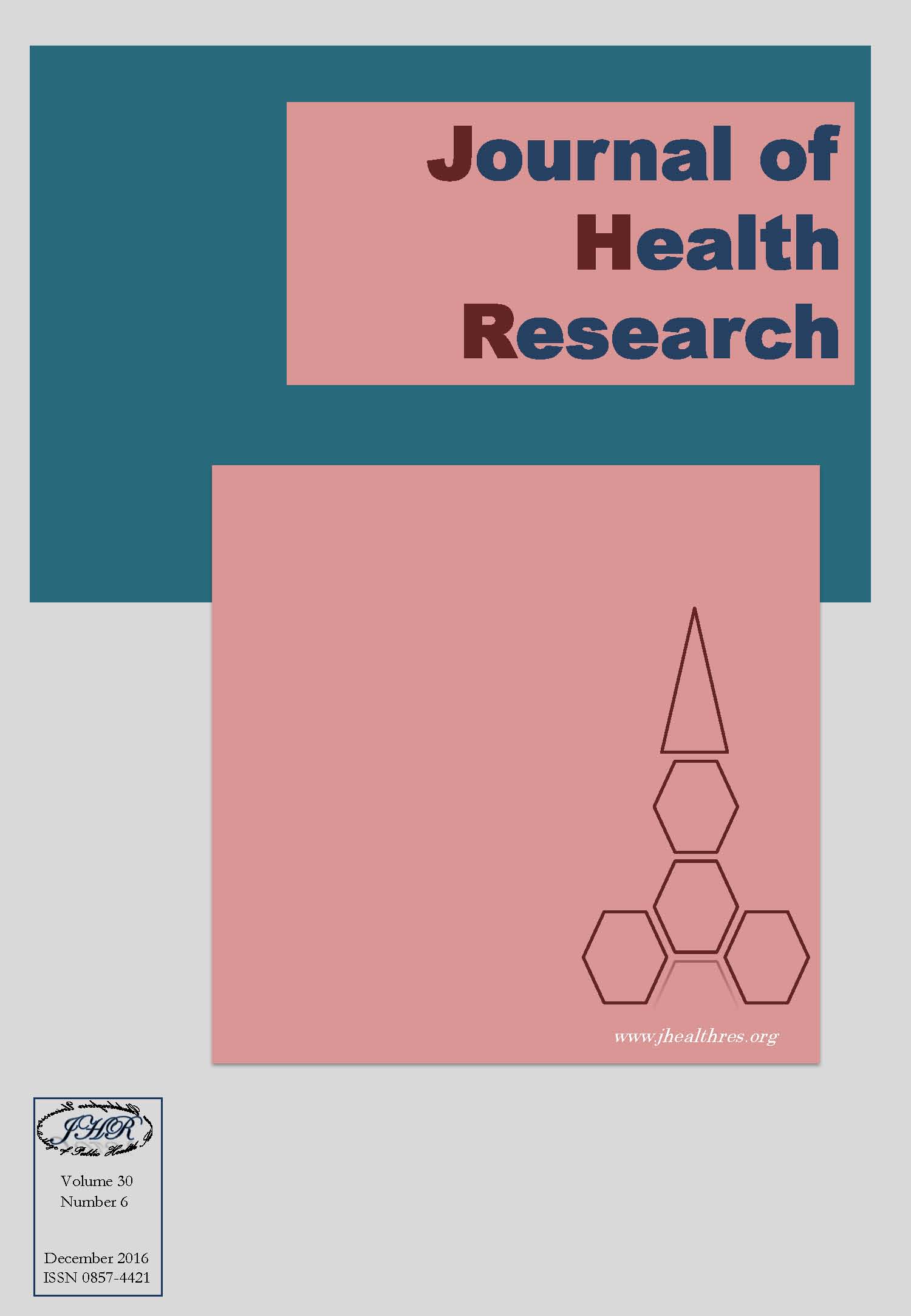Systematic review: hypolipidemic activity of oolong tea polymerized polyphenols
Keywords:
Dyslipidemia, Hypolipidemic activity, Obesity, Oolong tea, Oolong tea polymerized polyphenols, Polyphenols, TeaAbstract
Oolong tea (Camellia sinensis, Theaceace) is a partially-fermented tea mostly consumed in Asia. It has been known for high antioxidant content and its medicinal use since ancient times. Oolong tea has been studied for its beneficial health effects including the reduction of oxidative stress, anti-cancer, anti-diabetes, prevention of atherosclerosis, heart disease, hypertension, anti-obesity and modulation of dyslipidemia. Dyslipidemia is a condition characterized by changes in blood lipid profile. It consists of increased triglycerides (TG) and free fatty acid (FFA), decreased high-density lipoprotein (HDL) associated cholesterol with HDL dysfunction and normal or slightly increased low-density lipoprotein (LDL) associated cholesterol with increased small dense LDL and increased plasma apolipoprotein (apo) B. Oolong tea uniquely contains oolong tea polymerized polyphenols (OTPPs). Many human studies have focused on OTPPs in oolong tea as an active agent in modulation of dyslipidemia. Overall, they have shown that OTPPs-enriched oolong tea could modulate dyslipidemia by lowering serum triglycerides, total cholesterol and LDL cholesterol. These effects could contribute to lowering the risk of cardiovascular disease and renal disease. Several mechanisms have been proposed based on these studies and include: inhibition of pancreatic lipase, reduction of lymphatic triglyceride absorption in small intestine and increase of energy expenditure. In the present review, the current state of science with regard to clinical studies of oolong tea and OTPPs and dyslipidemia markers is discussed. I attempt to critically evaluate the available information and point out the future research area. Although considerable information is available, questions remain in terms of the toxicity and primary mechanism of action and the dose-response relationships involved. The information reviewed here suggests that, even though OTPP-enriched oolong tea could benefit to dyslipidemia, maintaining varied healthy diets and active physical activities is the best approach to have the healthy life.






